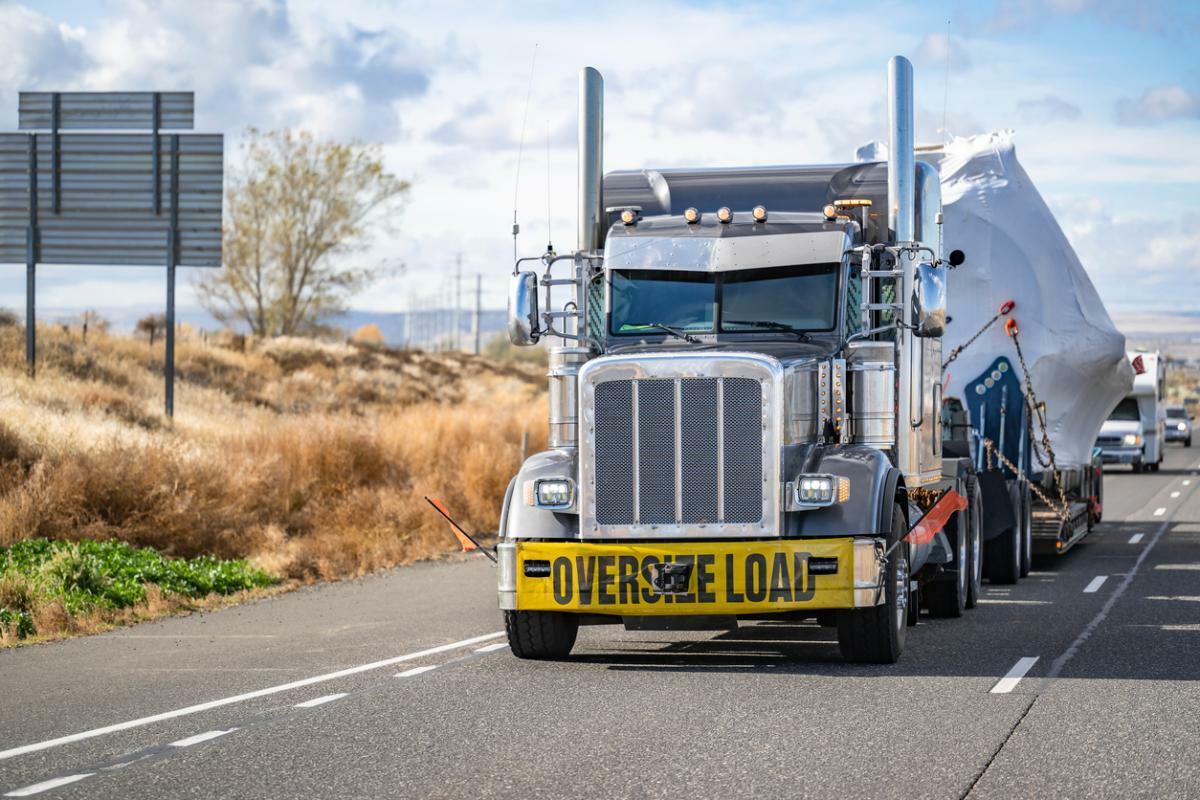 The Importance of Oversized/Overweight Commercial Vehicle Permits in California
The Importance of Oversized/Overweight Commercial Vehicle Permits in California
Safe and Legal Transport of Oversized Loads
Operating a vehicle with an oversized load requires careful planning and adherence to regulations to ensure safety and avoid hefty fines. This blog post explores the critical aspects of California's oversized/overweight commercial vehicle permits.
Understanding Weight Limits and Risks
Exceeding a vehicle's weight capacity can lead to mechanical issues, tire blowouts, and longer braking distances. Unbalanced loads further increase rollover risks. Knowing your vehicle's Gross Vehicle Weight Rating (GVWR) is paramount. This information is typically located on the driver's side door jamb.
Federal and State Regulations
The Federal Motor Carrier Safety Administration (FMCSA) imposes an 80,000-pound weight limit for most trucks. However, exceptions exist for specific combinations and indivisible loads. Oversized loads require permits from each state the truck travels through.
Fleet Management and Permitting
Fleet managers and independent operators must secure permits before entering a state with oversized loads. Certain roads and bridges have weight restrictions, while others may be off-limits to oversized vehicles on specific days or times. Hazardous material transport, regardless of size, might require escorts.
Check with Caltrans before proceeding to cross bridges with size and weight restrictions, as some require an escort.
Obtaining a California Oversized Vehicle Permit
Caltrans issues oversized/overweight commercial vehicle permits. You can contact them at (916) 322-1297during business hours (Monday-Friday, excluding holidays) to determine permit requirements for your specific route within Los Angeles County.
Penalties for Operating Without a Permit
Operating an oversized/overweight commercial vehicle without a permit carries significant financial repercussions.
Fines start at $238 for exceeding weight limits by up to 4,500 pounds. Surpassing this weight threshold elevates the offense to a misdemeanor, with fines of approximately $1 per pound overweight. This can result in a minimum fine of $4,501, potential jail time or probation, and a criminal record.
Consequences of Overweight Violations
Misdemeanor convictions can lead to jail sentences of up to six months, substantial fines, or both. Traffic court judges might consider the driver's role and seek alternative resolutions. An experienced traffic attorney can negotiate with the court to potentially reduce charges or lessen fines.
Recommendation for CDL Holders
Commercial Driver's License (CDL) holders facing overweight violations should consult a traffic attorney. An attorney can advise on the best course of action to minimize penalties.
Remember:
- Always verify your vehicle's weight.
- Secure necessary permits for oversized/overweight commercial vehicle loads in each state, and secure necessary permits before entering the state.
- Consult a traffic attorney for guidance in case of oversized vehicle violations.
By following these guidelines, commercial vehicle operators can ensure the safe and legal transport of oversized loads.
However, when accused of driving an oversized/overweight commercial vehicle in LA County, consult Bigger & Harman.
Contact Bigger & Harman About an Oversized/Overweight Vehicle Charge
We assist commercial drivers when you need assistance resolving an oversized/overweight commercial vehicle charge in LA County Courthouses, such as Glendale, Chatsworth, Inglewood, Long Beach, and others.
Download our e-book, Protecting Your Commercial Driver License.
Call us at (661) 349-9300, utilize our handy online contact form or email us attorney@biggerharmanlaw.com.
Se habla Español (661) 349-9755.
References:
The DOT FMCSA 49 CFR Part 383.51, Paragraph 6.2.5, Disqualification of Drivers.
The DMV Portal CA Commercial Driver Handbook.
